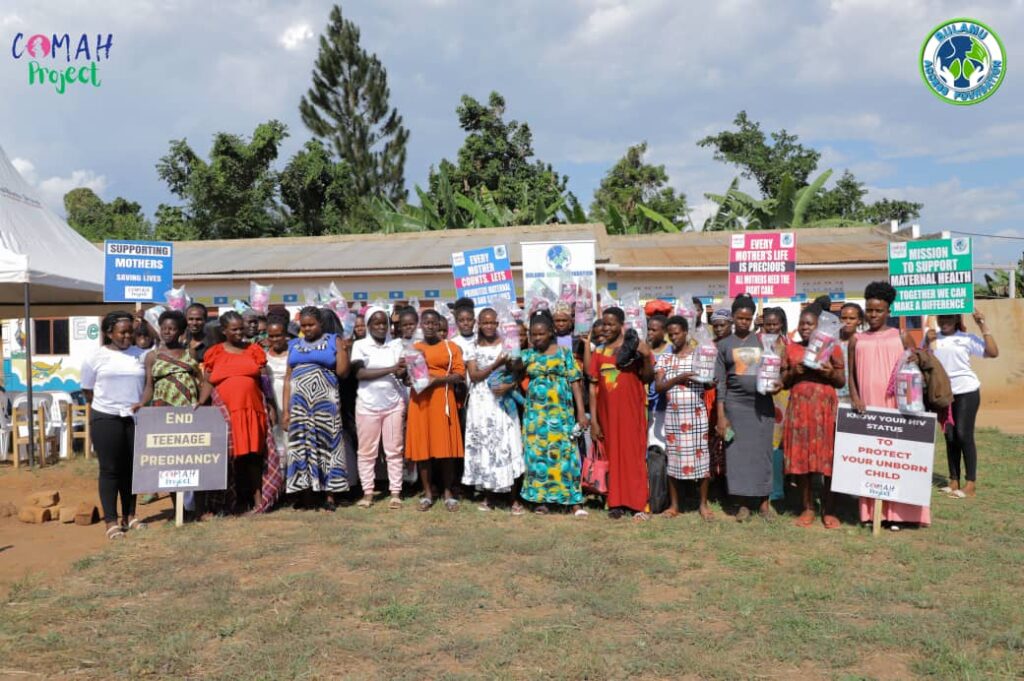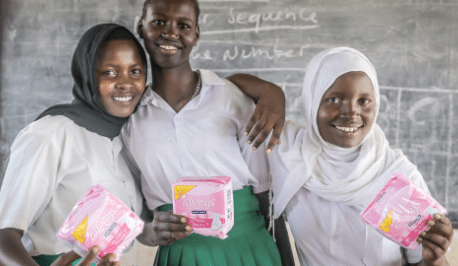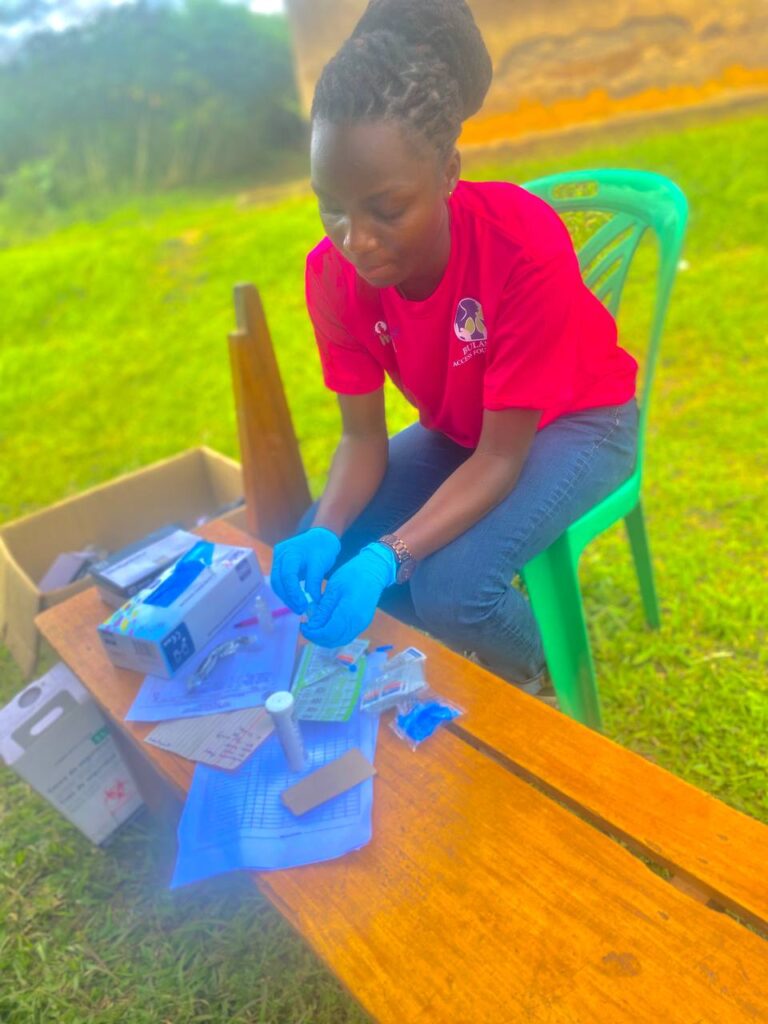We Priotize Good Health in Communities
By prioritizing access to quality healthcare, implementing preventive measures, and fostering health education, we aim to create healthier environments where individuals have the resources and knowledge to lead active, healthy lives






